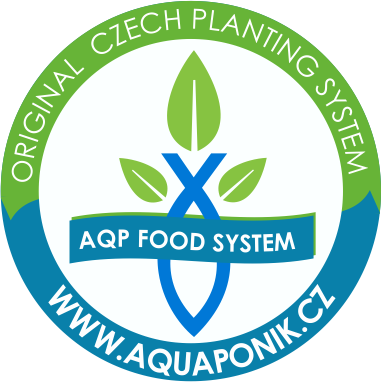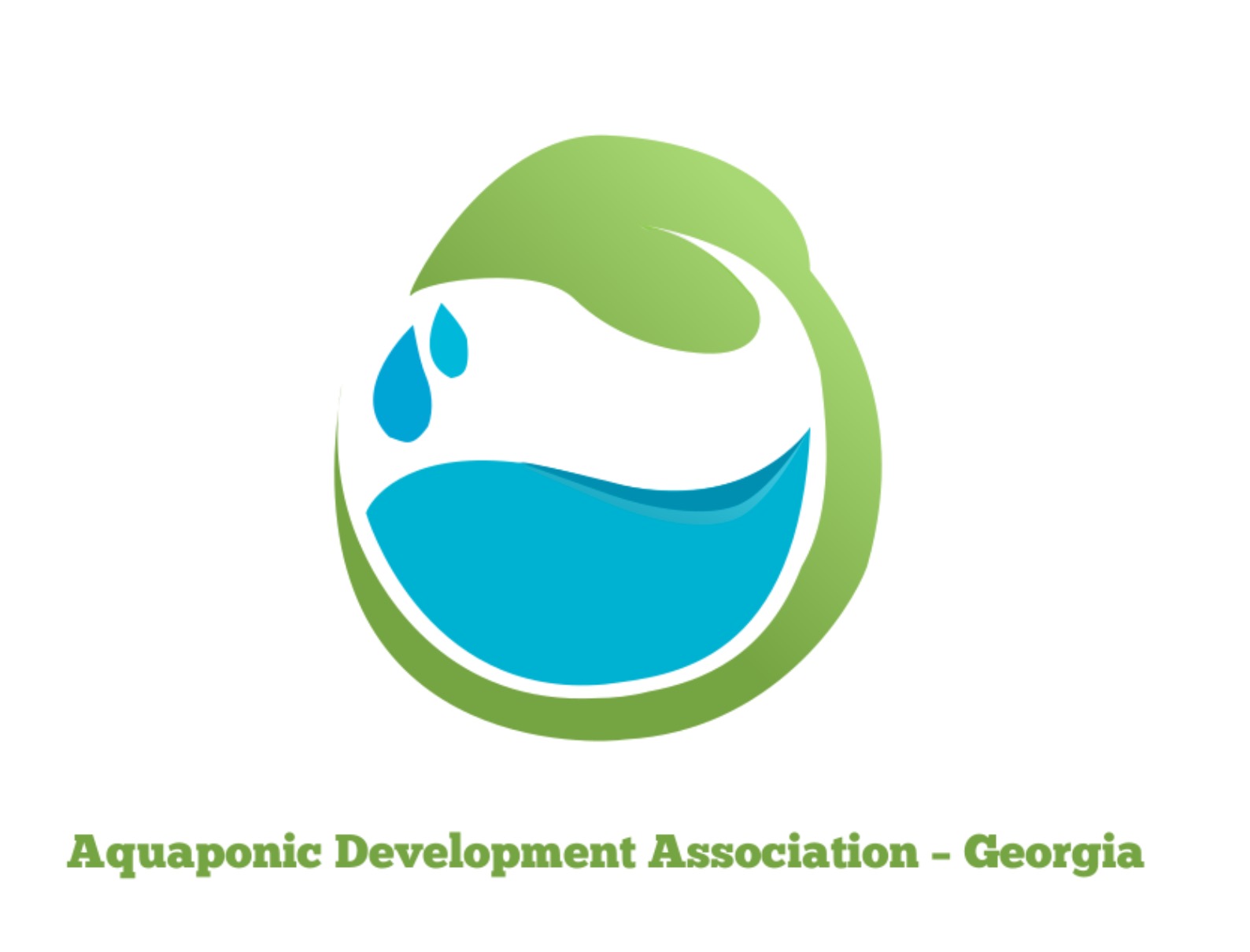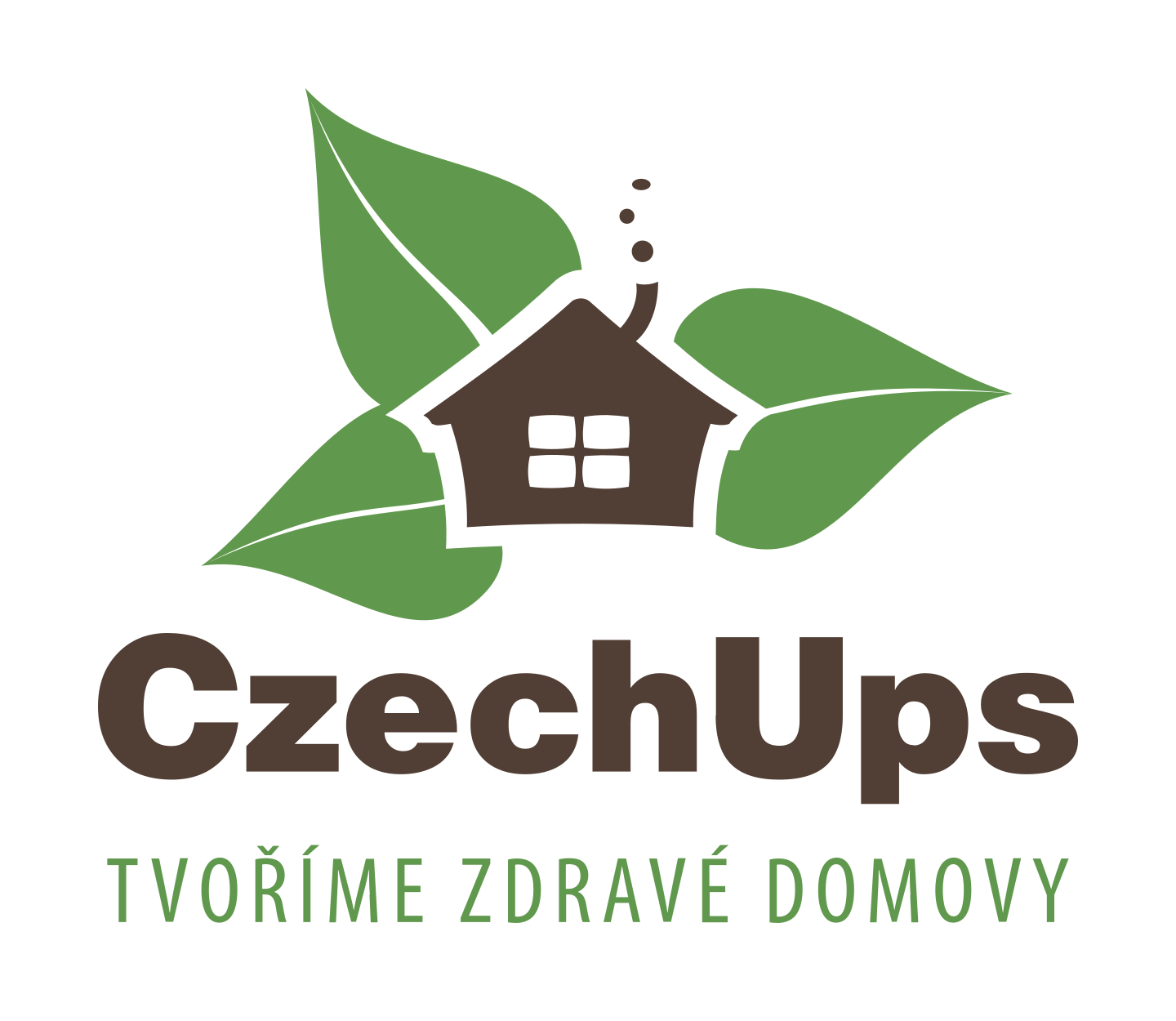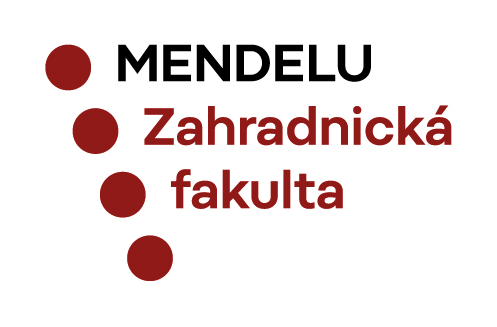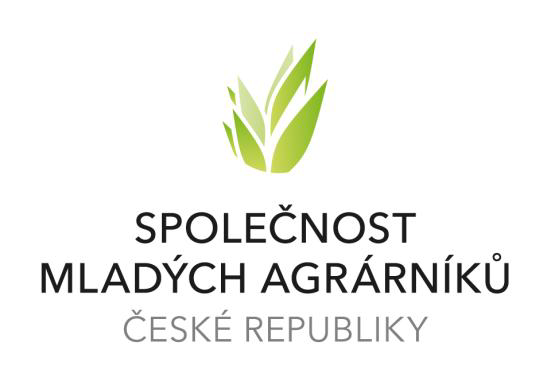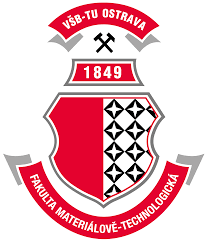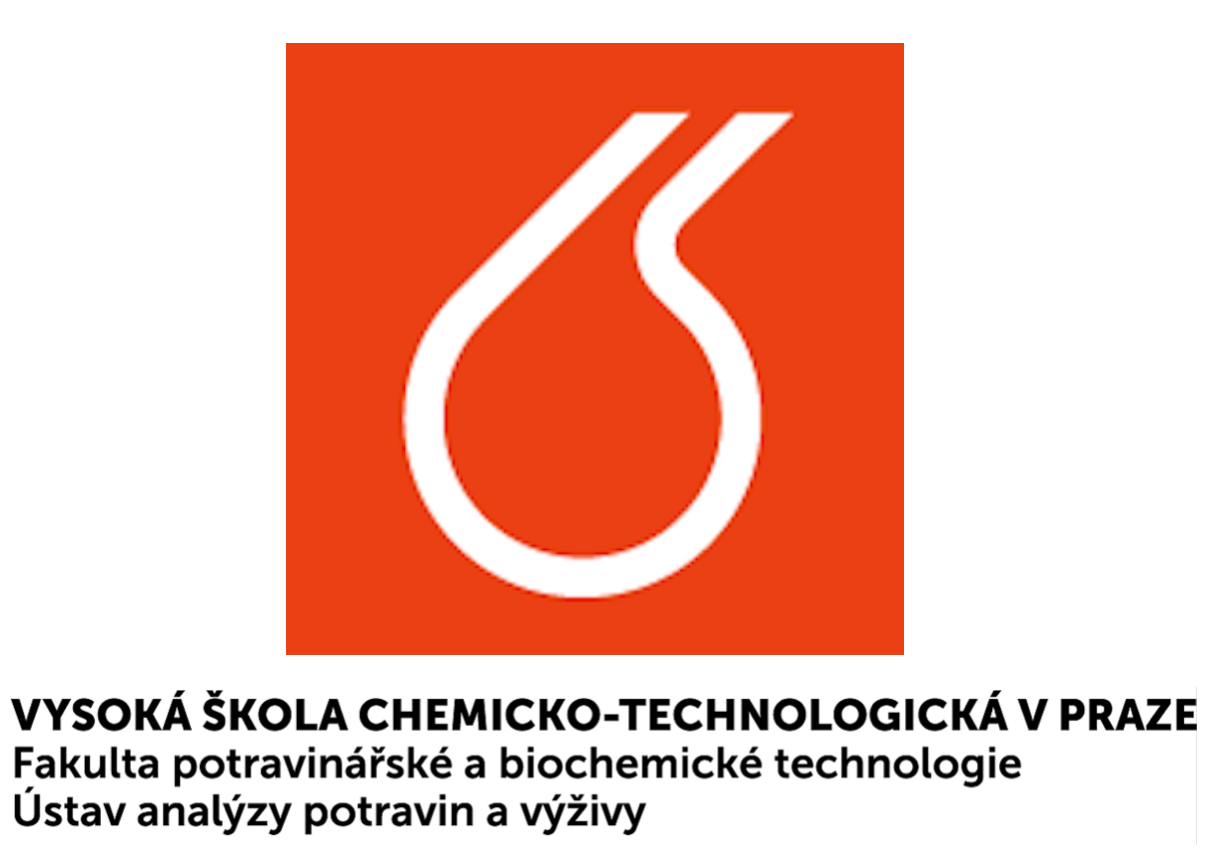Hello.
I'd like to introduce you to the "HUNGER FIGHTERS" project. In collaboration with the non-profit organization ShineBean and with our association partners, we have developed a project that has an interesting ambition. ShineBean has been involved in Africa for decades, helping mainly children and families. It provides children with education and tries to help their parents make some money with their own work. So it is not an abundant gift of donating some money or food.
The problem with food in Africa is quite specific and in order to deal with it sensibly and effectively, it is necessary to understand the mentality of the local people and the circumstances in which they live. ShineBean has been operating in Africa for 12 years and runs several educational programs in partnership with local schools. They know exactly what the real problems are and they also know that giving away food and other "free" humanitarian aid is not very effective. Africa's population is growing rapidly, food is in short supply, and according to the season it is very expensive. Children going to school have no money and schools provide them with food. Unfortunately, the cost of this food continues to grow, and there are situations where no food is bought (even at a high price) because there just is not any.
The Association of Aquaponic Farms brings together companies and institutions that have the possibility to solve this problem. We are able to build aquaponic farms in schools that will produce a specificaly given volume of food for pupils and teachers. The pupils will always take care of the farm themselves. The food they will cultivate, prepare and consume will be a means of practical education and motivation to do something for their livelihood. If they don't take care of the farm, the whole school will have nothing to eat. The overlap of this project will be the knowledge that students will have after graduation. They will know how to grow food and spread this knowledge to their native villages and cities. This idea also addresses the problem of villagers' migration to large cities and then the cycle of poverty in urban ghettos. On a larger scale, this project could also help to address the migratory pressures of Africans to Europe.
The first Hunger Fighters Farm will be realized in Bondo on the shores of Lake Victoria on the local school grounds. It will provide food for 350 children and 50 adults. It will be an aquaponic farm on an area of half a hectare. The combined breeding of Nile Tilapia in combination with Sukuma Wiki will be the main product of this farm. The technologies will be simple and transferable to the surrounding villages and towns. Local school pupils will take care of the farm, as well consume its products. This farm will be a pilot project and we already have proposals for more places and other interested parties. It's hard to get started.
For this project, we publish a public collection and set up a transparent account. We are looking for support abroad because this project has a huge overlap and Czechs don't have to be alone to help run it. We prepare rewards for contributors, as it has been lately customary in crowdfunding campaigns. For example, by purchasing items with a project logo, you contribute 50% of the price to this project. For the biggest contributors, we are planning to organize a trip directly to where the school farm can be seen.
Unfortunately, good ideas are not enough. Much more is needed for successful implementation. Of course, in addition to the endless hours of planning and negotiating, money is needed. There is a huge amount of work behind this project and now we are asking you for help. If you can't offer financial funds, at least recommend this project to your friends and share this idea on social networks. The pilot project will cost EUR 40,000 (approx. CZK 1 million) and its construction and operation will be documented by Czech Television, which will make a documentary program about this whole project. The construction will be initiated as soon as the target amount is raised.
Can you imagine that Czech schools would be interested in something similar? Teaching children about food directly by growing it themselves. I am glad that we are already negotiating about similar matter with some elementary and secondary schools. We will bring more information soon.
Michal FoFun Fojtík





